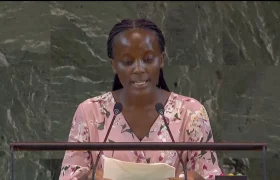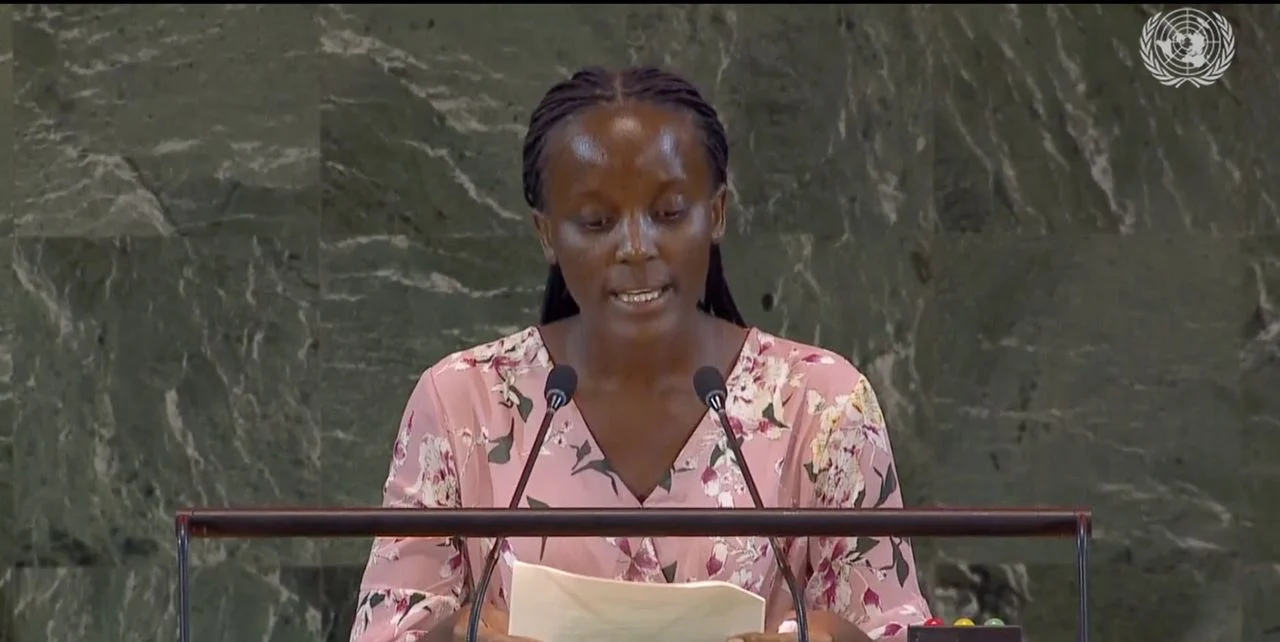Closing the education gender gap can help countries adapt to the climate crisis

While addressing the world leaders and key stakeholders gathered in New York City, United States of America for the United Nations Transforming Education Summit, Vanessa Nakate, a Ugandan climate activist and UNICEF goodwill ambassador, believes that closing the gender gap in education can assist countries in better adapting to the climate crisis.
The Transforming Education Summit is being held in response to a global education crisis involving equity and inclusion, quality and relevance.
Nakate argued that, the worsening of the climate crisis, young girls are facing increased workloads as a way of looking after their families.
They are also face increased domestic violence and child marriages and all this is severely limiting the ability for girls to access and complete their education.
According to Unicef, at least 400 million children live in cyclone-prone areas, and 820 million children are particularly vulnerable to heatwaves.
According to Nakate, more than 186 million children attend primary schools without access to electricity and while all children require assistance to access education, the climate crisis disproportionately affects girls.
“Closing the gender gap in education can help countries better adapt to the climate crisis – and decrease the rate and impacts of climate change,” she said.
She urged major stakeholders to help girls stay in school, thereby assisting countries in addressing the climate crisis.”
“We must make it possible for all children to have access to an education — and we must help them be able to stay in school. Their futures depend upon it. And as it turns out: so do ours.”
UN Secretary-General António Guterres in his remarks, stated that unequal education is rapidly dividing the world and urged leaders to increase per-student spending.
Guterres also urged countries to seek out and support solutions to ensure that everyone has the opportunity to learn, thrive, and dream throughout their lives.
The summit provides a unique opportunity to elevate education to the top of the global political agenda and to mobilise action, ambition, solidarity and solutions to recover pandemic-related learning losses and sow the seeds to transform education in a rapidly changing world.
